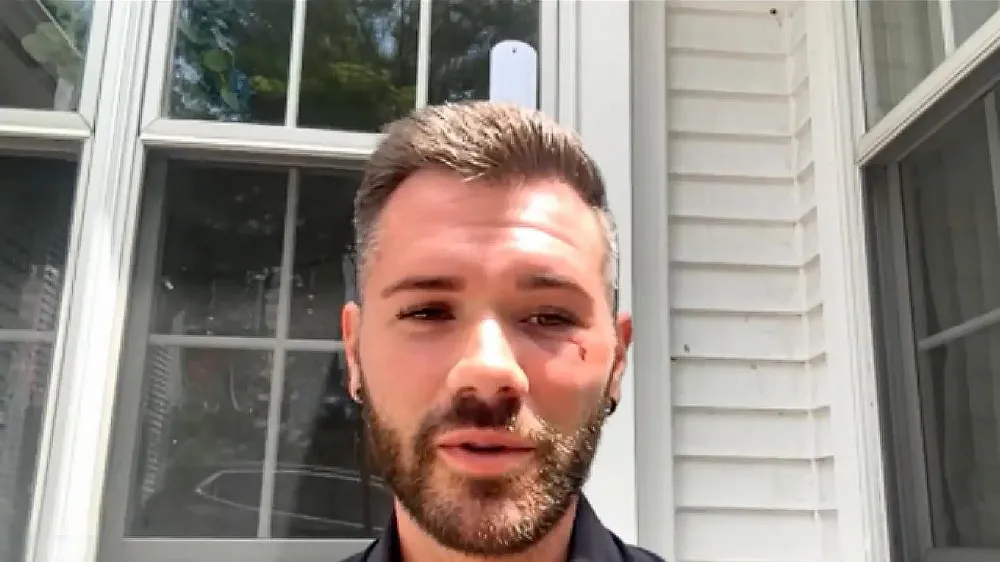June 24, 2016
Domestic Violence Funds Narrowly Survive LGBT Law Fight
Jonathan Drew READ TIME: 3 MIN.
Millions of dollars in funding for domestic violence programs in North Carolina narrowly survived a legal fight over a law limiting protections for LGBT people.
Federal judge Thomas Schroeder ruled Thursday to preserve nearly $5 million the state is scheduled to receive in the coming months under the federal Violence Against Women Act. He signed his order at 11:25 p.m., about a half-hour before a deadline that could have made the federal funding the first casualty of the legal battle.
The judge's order allows the Department of Justice to ignore a provision of the federal act that would have required a suspension of funding within 45 days after its lawsuit was filed. The Justice Department sued the state in May, alleging that the law limiting LGBT protections constitutes discrimination under the Violence Against Women Act and other federal laws.
Schroeder wrote that he had "serious concerns" about granting the government's request to sidestep the funding rule, but that he also weighed "the substantial harm that suspension of the funding in question would inflict on wholly innocent third parties."
Justice Department lawyers asked the court earlier this month to allow the government to maintain the funds in a motion also signed by lawyers for defendants Gov. Pat McCrory, the University of North Carolina and the Department of Public Safety. They argued that depriving the state of the money wouldn't advance the federal government's case, but it would harm victims of domestic violence, rape and other crimes.
The North Carolina law enacted in March requires transgender people to use restrooms corresponding with the sex on their birth certificate in public schools, universities and many other public buildings. It also excludes gender identity and sexual orientation from statewide antidiscrimination protections.
The law prompted five dueling lawsuits. Schroeder is overseeing challenges to the law brought by the Justice Department and the American Civil Liberties Union, while three lawsuits seeking to defend the law are being combined into one case before a judge in another federal court.
Schroeder's ruling concerned federal grant money being used this year for shelters, rape crisis centers and law enforcement efforts to combat crimes against women, according to a legal filing by the state Department of Public Safety. The state agency, which received more than $4 million in the 2015 fiscal year, distributes the money to local applicants.
While the funds represent a fraction of the grant money distributed by DPS, they often support needs of local governments and nonprofits that might otherwise go unmet. For example, an advocacy group in Shelby used the money in 2014 to hire a staff member to focus on abuse victims who were elderly, disabled or part of the LGBT community. The district attorney's office in Brunswick County used the money to hire a full-time domestic violence prosecutor, according to court documents.
The University of North Carolina system uses the grants for programs to reduce sexual assault, domestic violence and stalking. It received about $300,000 in 2015.
Schroeder's order doesn't concern the billions of dollars in federal education funding and student loans governed by the federal Title IX law, which the Justice Department also accuses North Carolina of violating.
Despite both sides agreeing to maintain the domestic violence funding, Schroeder made the lawyers file additional briefs and participate in multiple telephone conferences before he made his decision. He struck a grudging tone in granting the motion and chastised the lawyers for waiting until two weeks before the deadline to raise the issue in court.
He wrote that "the parties' attempt to avoid automatic suspension of funding appears at odds with the very purpose of the automatic suspension provision, which provides a powerful mechanism to aid the enforcement of important antidiscrimination laws."
But he concluded that a "slim reed" of legal precedent allowed him to grant the motion.


